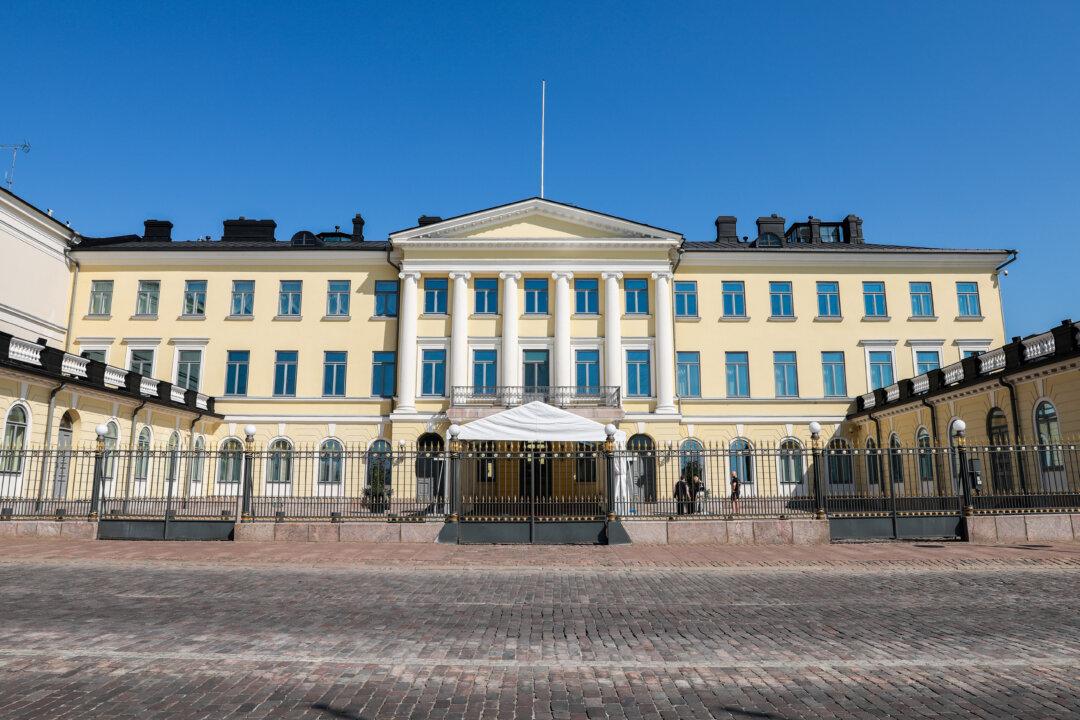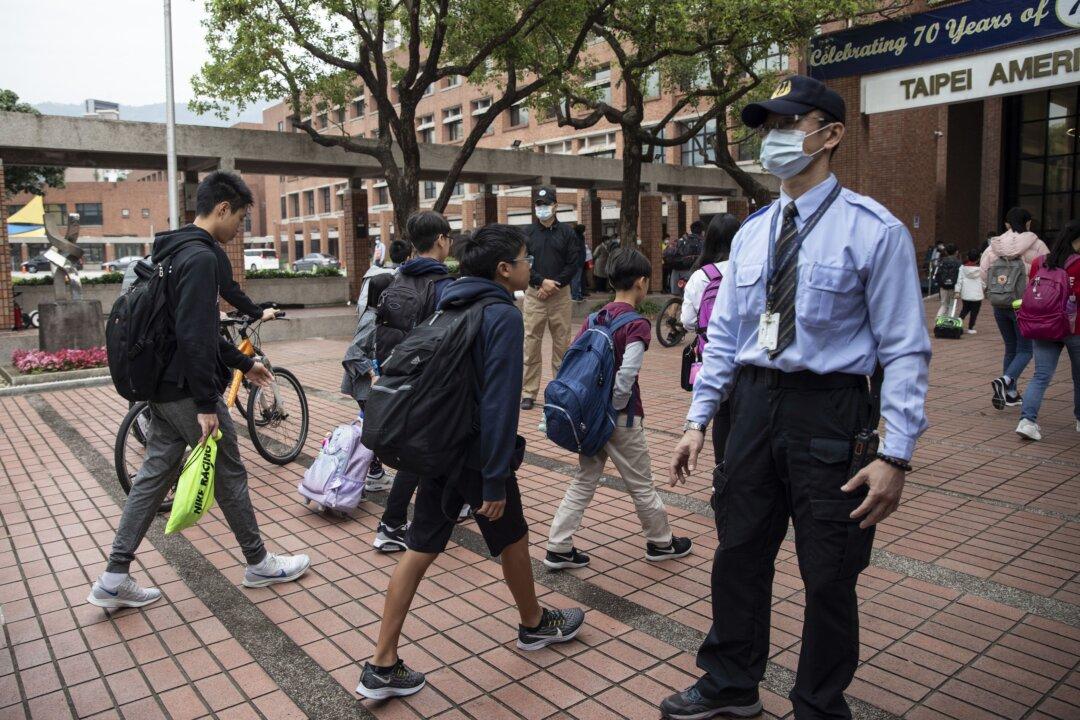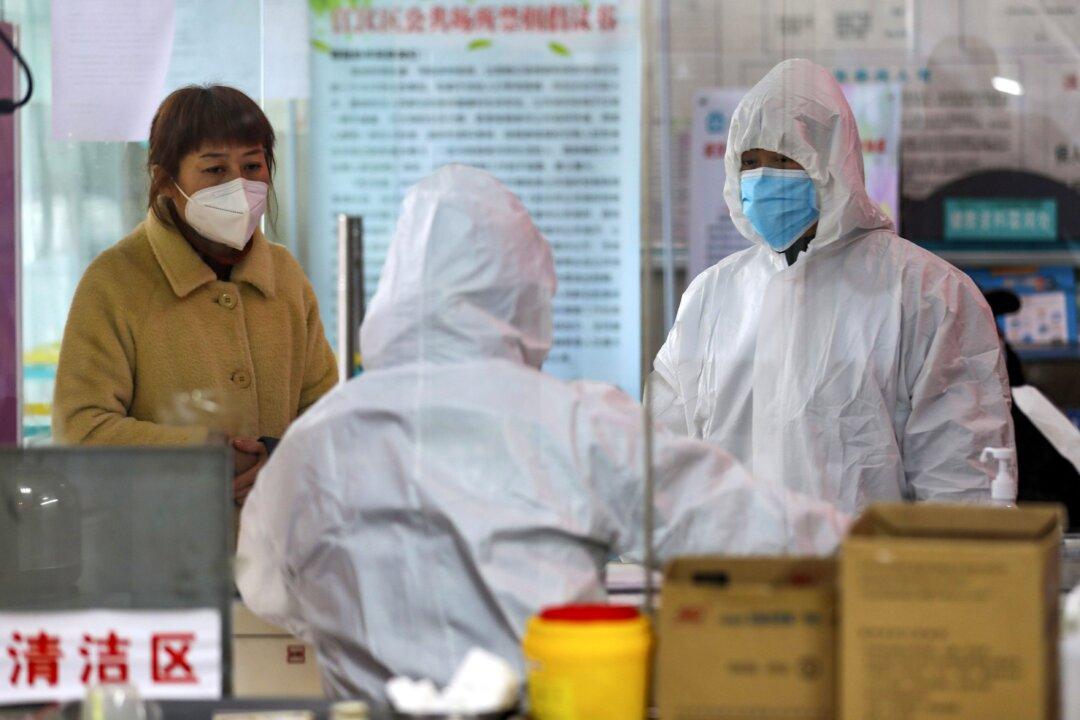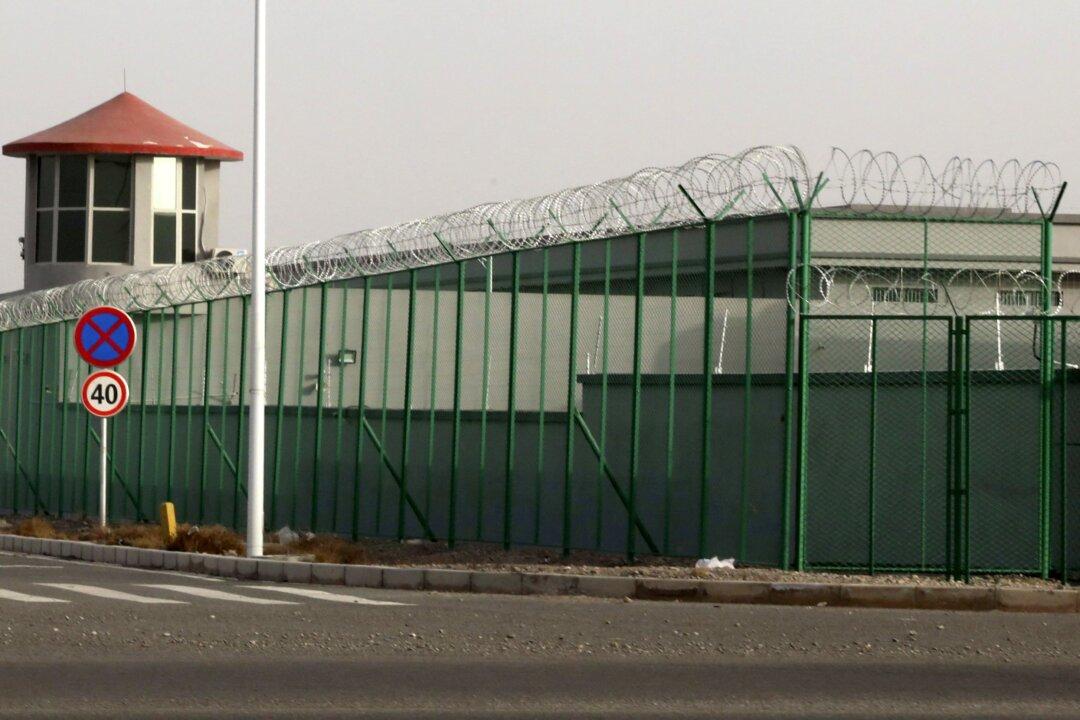President Donald Trump meets Russian President Vladimir Putin on July 16 in Helsinki, Finland—a venue famed for hosting Cold War summits in 1975 (Leonid Brezhnev-Gerald Ford), 1990 (Mikhail Gorbachev-George W. Bush), and 1997 (Boris Yeltsin-Bill Clinton).
It is their third meeting and follows Trump’s recent meeting with leaders of 28 other NATO member states in Brussels and then a visit to the U.K. which included meetings with Queen Elizabeth and Prime Minister Theresa May, whose soft Brexit plans, he cautioned, could scuttle a U.S.-U.K. free trade deal after the U.K. leaves the European Union.





